
The Los Angeles County Arboretum and Botanic Garden, 127 acres, is an arboretum, botanical garden, and historical site nestled into hills near the San Gabriel Mountains in Arcadia, California, United States. Open daily, it only closes on Christmas Day.
Rancho Santa Anita was a 13,319-acre (53.90 km2) land grant in present-day Los Angeles County, California given to naturalized Scottish immigrant Hugo Reid and his Kizh people wife. Reid built an adobe residence there in 1839, and the land grant was formally recognized by Governor Pio Pico in 1845. The land grant covered all or portions of the present day cities of Arcadia, Monrovia, Sierra Madre, Pasadena and San Marino. A small portion of the rancho has been preserved as the Los Angeles County Arboretum and Botanic Garden.

Rancho La Ballona was a 13,920-acre (56.3 km2) Mexican land grant in the present-day Westside region of Los Angeles County, Southern California.
Holmby Hills is a neighborhood on the Westside of Los Angeles, California, United States.
The Workman–Temple family relates to the pioneer interconnected Workman and Temple families that were prominent in: the history of colonial Pueblo de Los Angeles and American Los Angeles; the Los Angeles Basin and San Gabriel Valley regions; and Southern California from 1830 to 1930 in Mexican Alta California and the subsequent state of California, United States.

Rancho San José de Buenos Ayres was a 4,438-acre (17.96 km2) Mexican land grant in present day Los Angeles County, California given by Governor Micheltorena in 1843 to Maximo Alanis. The area that was given to Alanis now occupies Westwood, UCLA, Holmby Hills, and Bel Air, Los Angeles. The ranch extended from what is now Sepulveda Boulevard to Beverly Hills.

Rancho Santa Ana del Chino was a 22,193-acre (89.81 km2) Mexican land grant in the Chino Hills and southwestern Pomona Valley, in present-day San Bernardino County, California.
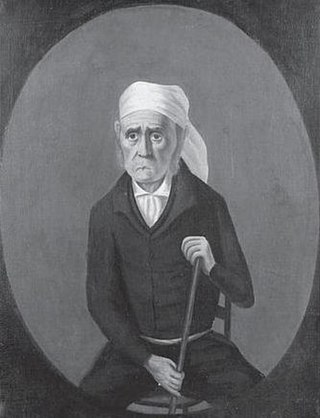
The Ávila family was a prominent Californio family of Spanish origins from Southern California, founded by Cornelio Ávila in the 1780s. Numerous members of the family held important rancho grants and political positions, including two Alcaldes of Los Angeles.

Rancho Aguaje de la Centinela was a 2,219-acre (8.98 km2) Mexican land grant in present-day Los Angeles County, California given in 1837 to Ygnacio Machado. The name means "Sentinel of the Waters" in Spanish, and refers to the artesian water in the area exemplified by Centinela Springs. Rancho Aguaje de la Centinela included parts of present-day Westchester and Inglewood.
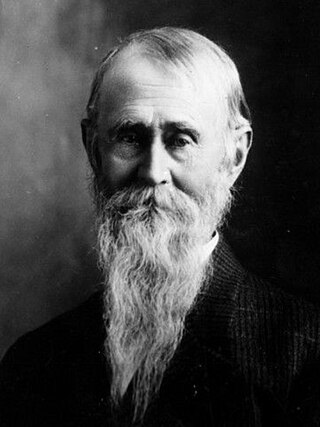
Henry Dwight Barrows was an American teacher, businessman, farmer, goldminer, reporter, United States Marshal, Los Angeles County School Superintendent, manufacturer, writer, and a founder and president of the Historical Society of Southern California.

Frank Sabichi was an attorney and developer of extensive properties who sat on the Los Angeles, California, Common Council, the legislative arm of that city, from 1870 to 1874 and again from 1897 to 1899. He was council president in 1873–74.

Solomon Lazard, also known as S. Lazard, (1827–1916) was an entrepreneur in 19th century Los Angeles, California, a member of the city council there in 1854, and founder of S. Lazard & Co.
John Ozias Wheeler was an American merchant, court clerk, government employee, city council member and newspaper editor. He worked primarily in California during the 19th century.
Elijah Moulton (1820–1902) was a pioneer settler in Los Angeles, California, after the Mexican–American War, and became one of its wealthiest citizens. He was a member of the city's governing body, the Common Council.
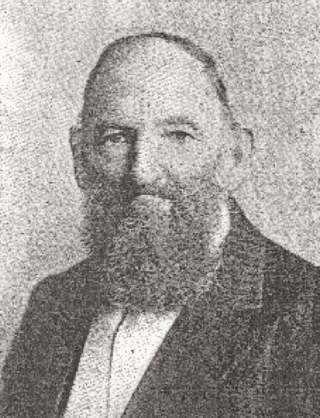
Oscar Macy was an American politician, newspaper publisher, and pioneer in Los Angeles County, California. The son of Obed Macy, he was served on the Los Angeles Common Council, served as a county sheriff, and served on the Los Angeles County Board of Supervisors. He and his father operated one of Los Angeles's historic hotels.
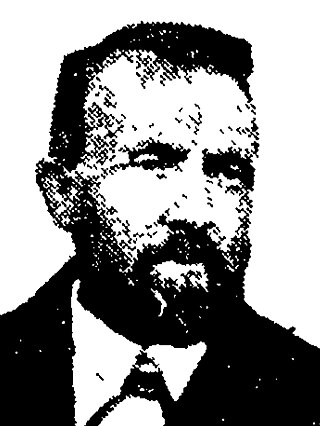
James Greer McDonald was a surveyor in Los Angeles County, California, an authority on horticulture and a member of the Los Angeles Common Council, the governing body of that city, in the 19th century.
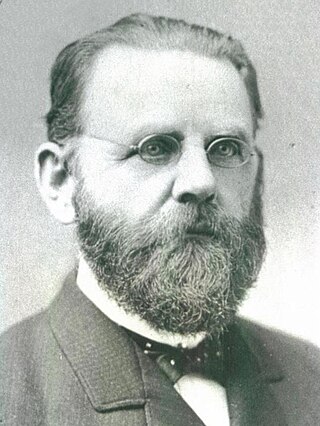
Nathan Randolph Vail was a mine operator in Arizona Territory, and a landowner in 19th century Los Angeles, California. He was a member of the Los Angeles Common Council, the legislative body of the city.
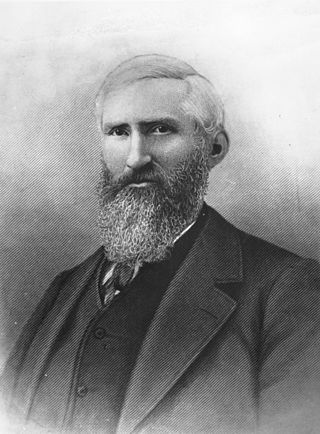
John Reid Wolfskill was a Mexican-American, California pioneer who helped establish development of California's agricultural industry in the Sacramento Valley in the 19th century. In 1842, Wolfskill was the first settler to plant vineyards and fruit trees there. Born in the Bluegrass region of Kentucky, he migrated to join his brother William in California, where they bought land near Sacramento. Wolfskill became a pioneer of Solano County: "he was the first English speaking man to settle in the area around what is now Winters, California".
Hemen "H. C." Cardwell was a pioneer settler in California who served in the Mexican–American War, served as Zanjero of Los Angeles, was a major contributor to early California business and agriculture, and served in the first California State Assembly in 1849–1850.
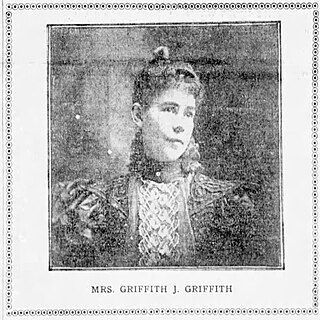
The Mesmer family of California was a wealthy family of early Los Angeles settlers who contributed to the development of the city between the rancho era and the explosive growth of the post-WWII era.














